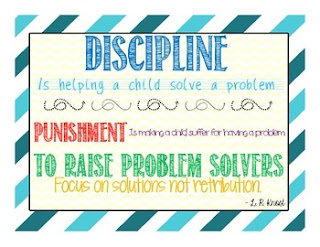Summer has officially arrived here in Minnesota. It's time to bring on the sunshine, fun, and family time. Our community offers many great parks, events, and activities for families to enjoy. There are also a lot of fun, easy activities families can do at home to enjoy our beautiful Minnesota summer. Keep reading to learn more!
Community Events
- South Washington County Schools Community Education offers free family fun nights. Check out the games, activities, and food for all ages at Skoolie four nights a week at various sites throughout our community.
- The Puppet Wagon is back this summer. Woodbury Parks and Recreation's Puppet Wagon travels to various parks throughout the city all summer long. It is a great way to check out various parks in our community. Come enjoy a short puppet show. Then stay and enjoy all that each park has to offer. The Puppet Wagon schedule can be found here.
- Woodbury Parks and Recreation and the Washington County Library are teaming up to offer storytime in the park at Ojibway Park on Friday July 9th and 23rd and August 6th at 10 am.
- The Starlight Cinema Movie Series is another fun family friendly event hosted by Woodbury Parks and Recreation at Ojibway Park. Check out the schedule of these outdoor, family friendly movies here.
- Cottage Grove Parks and Recreation is also offering some fun summer events including Pop-up Splash Pads and Fab Fridays events. See the schedule below for more information.
- South Washington County Schools Early Learning will be offering a biweekly virtual storytime starting July 6th at 9 am. To join our ECFE Summer Storytime like our Facebook page at South Washington County Schools Early Learning. You will then receive an invitation to join our private storytime group where the virtual storytime videos will be posted.
- Summer Park Playdates hosted by the Early Learning Parent Advisory Council are another fun event to check out this summer. There are two opportunities each week during the summer to play and get connected.
- Mondays 9:30-11am (June 28, July 12, 19, 26, Aug. 2, 9, 16) at Woodbridge Park, 9000 90th St S, Cottage Grove
- Tuesdays 6-7:30 pm (June 29, July 6, 13, 20, 27, Aug. 3, 10, 17) at Ojibway Park, 2695 Ojibway Dr., Woodbury
At Home Ideas
- Sidewalk chalk is a cheap and fun activity to have on hand at home. Create fun pictures or practice writing letters and numbers with the chalk. Extended the fun by viewing the read-aloud video of Chalk by Bill Thomson. Besides the obvious fun to be had creating pictures with the chalk, sidewalk chalk obstacle courses can be a fun and easy activity that can provide lots of entertainment.
- Blowing bubbles is a fun activity for kids of all ages. Check out this easy to make homemade bubble recipe. You can use many household items as bubble wands including cookie cutters, slotted spoons and more.
- Have fun with water. Some easy ways to do this include using a small kiddie pool, water table or plastic containers and allowing your child to splash and explore with small containers, cups, and toys. Remember that young children should always be supervised around water for safety.
- Enjoy a picnic together. Take your picnic to a local park or just outside in your yard or on your deck or balcony.
- Play with sand in either a sandbox or table. Another easy way to provide sand for play is to use an under-bed plastic container filled with sand. Take it out when you and your child want to play. Then put the lid on it and put it away when you are done.
We hope you will get out and enjoy some of these great events and activities this summer. We would also love to hear about the fun things you and your family likes to do during the summer. Share your ideas in the comments below.




